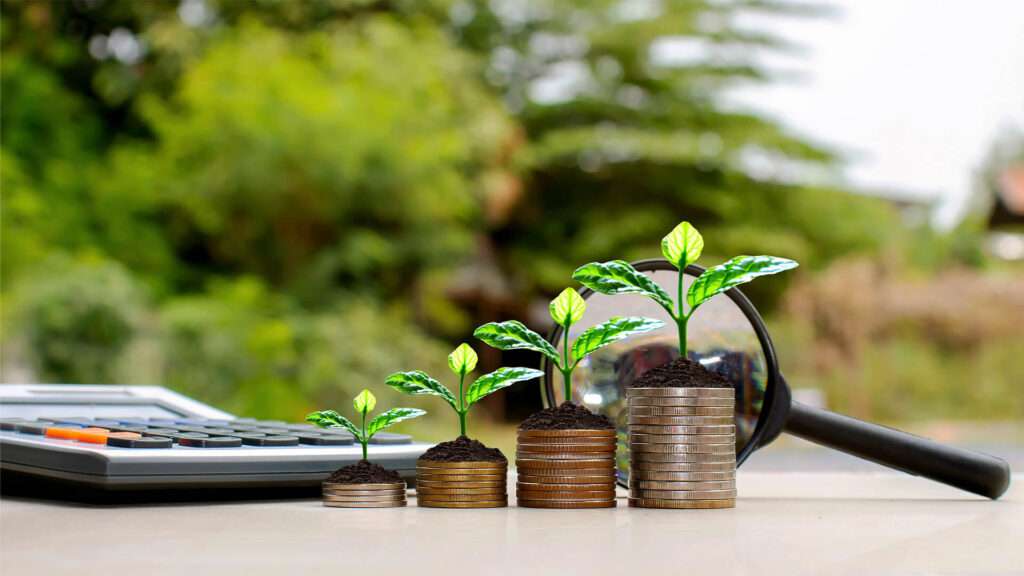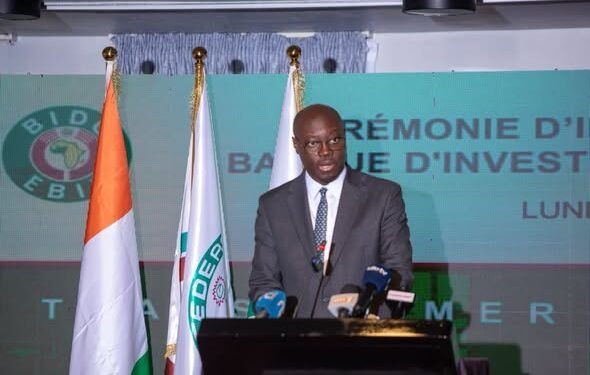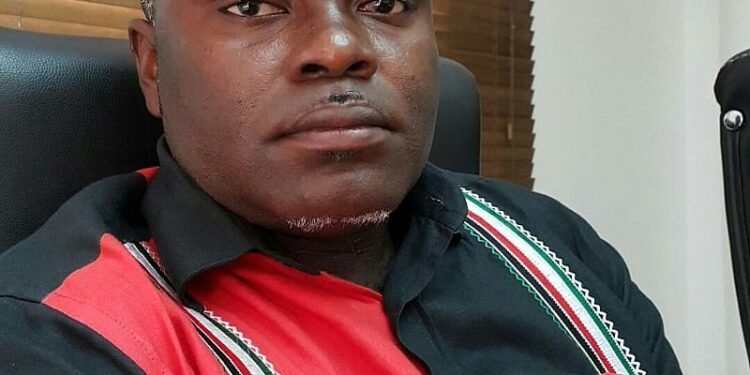In a compelling address during an inaugural lecture at the Ghana Academy of Arts and Sciences (GAAS), Professor Joshua Yindenaba Abor, called for significant reforms in development finance to foster inclusive green growth and financial stability.
The lecture, titled ‘Rethinking Development Finance for Inclusive Green Finance Stability Implications’, underscored the critical role of carbon taxes and efficient resource management in propelling sustainable development.
“Governments need to improve their fiscal position to finance increased public investment in climate-related areas without impeding government work, which tends to crowd out the private sector. This will require increasing tax revenue by imposing appropriate carbon taxes.”
Professor Joshua Yindenaba Abor
The proposed carbon tax is seen as a pivotal tool to generate necessary funds for climate action while concurrently discouraging carbon-intensive activities. By assigning a cost to carbon emissions, governments can create economic incentives for businesses and individuals to reduce their carbon footprints and invest in cleaner technologies.
Carbon tax has gained global recognition as a means to tackle environmental challenges while contributing to broader sustainability objectives, such as the United Nations Sustainable Development Goals (SDGs). This policy tool is designed to mitigate the impact of carbon emissions on climate change and promote the transition to a low-carbon economy.
Prof. Abor explained that a carbon tax could discourage the use of fossil fuels and encourage a shift to less-polluting energy sources, thereby limiting carbon dioxide (CO2) emissions, the most prevalent greenhouse gas.
In support of these initiatives, Ghana’s Parliament enacted the Emissions Levy Act, 2023, Act 1112. This legislation, introduced as part of the 2024 Budget Statement and Economic Policy, aims to raise revenue to support various sector reforms and promote a green economy.
Efficient Natural Resource Management

Prof. Abor also stressed the importance of efficient natural resource management, especially in developing countries.
“Non-renewable natural resources are wasting assets with finite lifespans. Therefore, revenue generated from their exploitation must be invested to drive inclusive growth and sustainable development.”
Professor Joshua Yindenaba Abor
The lecture highlighted a disconnect between the extractive sector and the broader economy in many resource-rich nations.
“The extractive sector is not properly integrated with the rest of the economy. We benefit from such sectors through export revenue. If the export revenue does not come to support the financial market, then we are not really benefitting from it.”
Professor Joshua Yindenaba Abor
To address these issues, Prof. Abor called for a reassessment of investment and stability agreements surrounding natural resources. He urged African countries to review these agreements to ensure they promote financial development and inclusiveness.
“DFIs are being recognized as pivotal in playing a critical role for climate action investment necessary to build a sustainable economy,” Professor Joshua Yindenaba Abor stated.
Exploring Carbon Markets

Prof. Abor also highlighted the importance of exploring voluntary and compliant carbon markets.
“Carbon markets provide carbon finance, which includes financial tools such as carbon emission trading to minimize the impact of greenhouse gases,” Professor Joshua Yindenaba Abor explained.
Prof. Abor highlighted that these markets can generate substantial debt-free finance for priorities such as forest restoration and the accelerated phase-out of coal.
Prof. Abor suggested, “IMF programs need to be looked at, and there is clearly a need for appropriate and fair allocation of special drawing rights.”
Central banks and financial regulators were not exempt from Prof. Abor’s recommendations. He called for the incorporation of climate-related risks in stress-testing scenarios and urged financial institutions to effectively identify climate risks on their balance sheets and loan portfolios.
“Central banks can promote green finance, green banking and reduce unsustainable economic activity. Their decision-making needs should be in line with net-zero central banking in the areas of monetary policy, regulation, disposition, and portfolio management functions.”
Professor Joshua Yindenaba Abor
Prof. Abor emphasized the interconnectedness of inclusive green finance and financial stability, calling for a concerted effort from governments, DFIs, central banks, and the private sector to address climate change and promote sustainable development.
Professor Joshua Yindenaba Abor’s lecture serves as a clarion call for policymakers and financial institutions to rethink their strategies and embrace reforms that align with sustainable and inclusive growth objectives.
READ ALSO: July Starts in a Dead Heat for GSE























